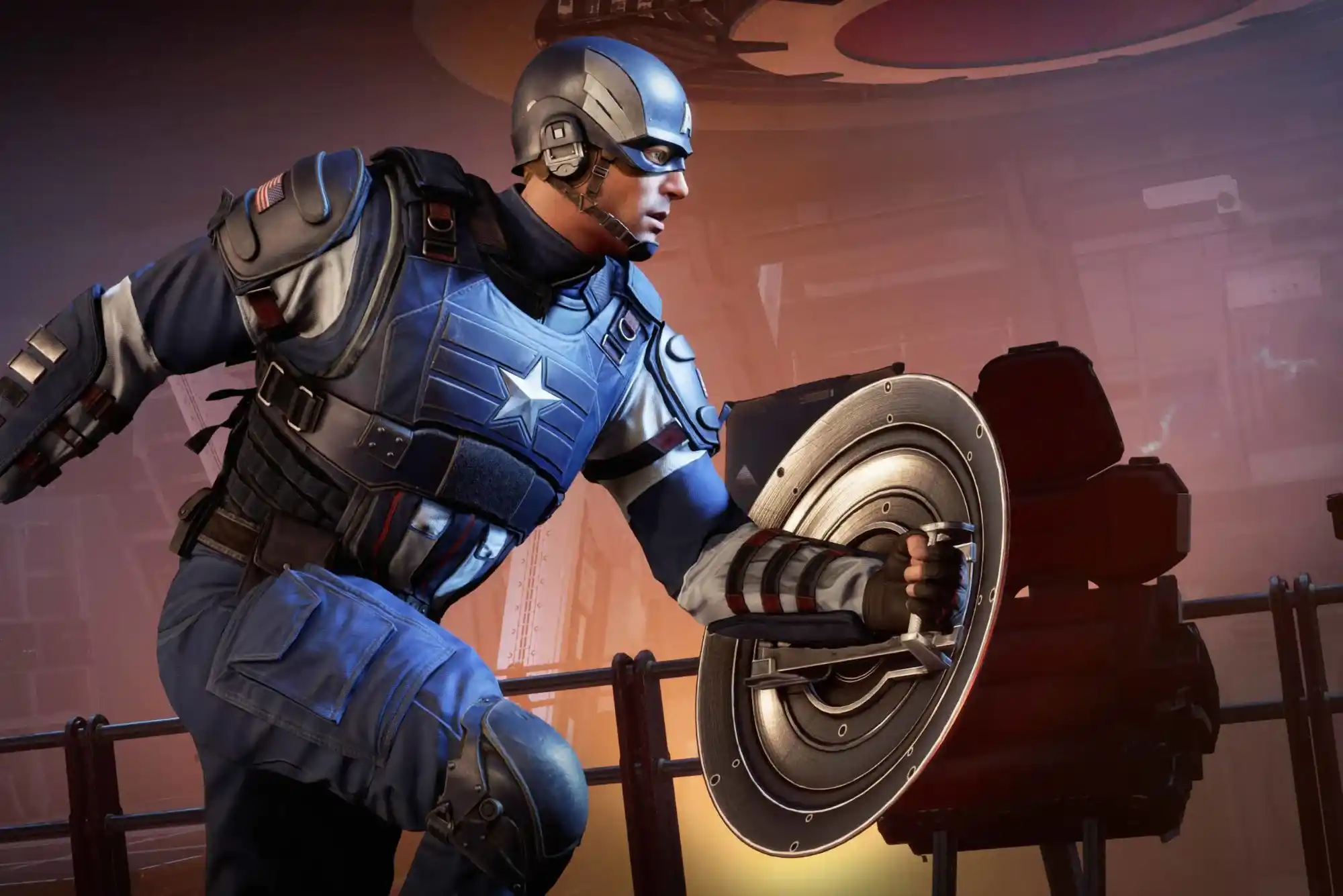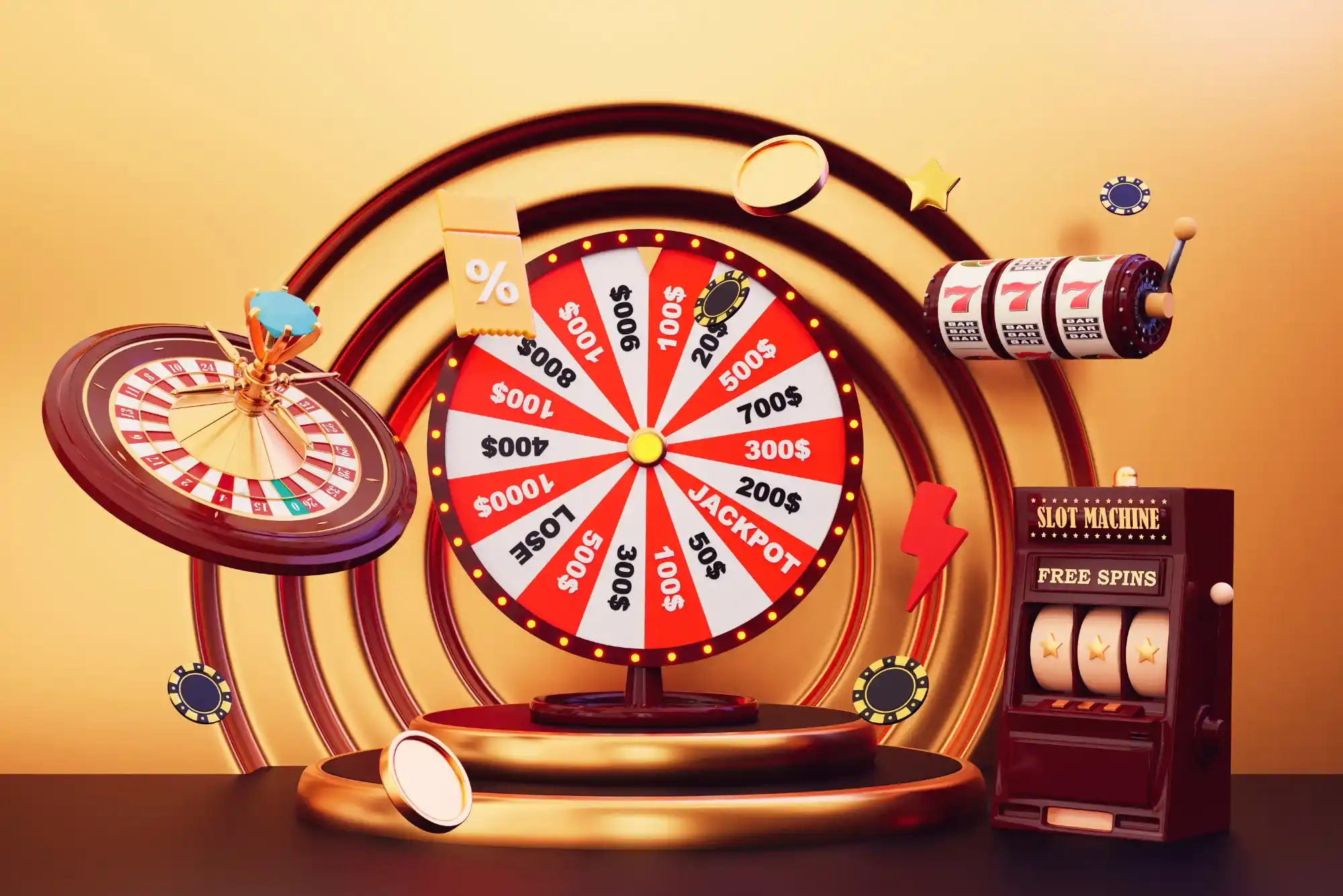DLC, short for Downloadable Content, revolutionizes modern gaming, offering additional features, levels, and experiences beyond the base game. Understanding DLC’s nuances empowers gamers to maximize their gaming journey. Let’s delve deeper into this gaming phenomenon.
Understanding DLC in Gaming
Understanding downloadable content (DLC) in gaming is essential as it has become a significant part of the gaming industry. DLC refers to additional content created for a released video game, available for players to download. This content often includes new levels, characters, skins, weapons, or story expansions. Originally, games came as complete products, but with advancements in internet connectivity and gaming platforms, DLC emerged as a way for developers to extend the life of a game, provide additional entertainment, and generate extra revenue.
DLC can be paid or free, and it often enhances the gaming experience by introducing new elements that keep the game fresh and engaging for players. For instance, a popular RPG might release a DLC pack that includes new quests and areas to explore, allowing players to dive deeper into the game’s world. In multiplayer games, DLC often takes the form of cosmetic upgrades like skins or character outfits, offering personalization options without necessarily affecting gameplay.
However, DLC is sometimes controversial. Some players argue that developers intentionally withhold content from the base game to sell later as DLC, which can feel like an exploitative business model. Others are more open to DLC if it adds substantial value, such as a well-crafted expansion that offers significant playtime. Despite these concerns, DLC has become a standard in the gaming industry, giving players ongoing content and keeping them engaged long after a game’s release. This model helps developers and publishers keep games profitable while maintaining the player base over time.
DLC encompasses additional game content that developers release post-launch, expanding the original gaming experience. It can include new characters, levels, missions, weapons, skins, and more, enhancing gameplay depth and longevity.
What Does DLC Mean in Gaming?

DLC, which stands for “Downloadable Content,” refers to additional content that developers release for a video game after its initial launch. This content can include a wide range of items and experiences, such as new levels, characters, weapons, storylines, and cosmetic changes. DLC is intended to extend the lifespan of a game by providing fresh content that enhances the gaming experience. Players can access DLC through digital downloads, often through online platforms like Steam, PlayStation Network, or Xbox Live. DLC has become a significant part of modern gaming, especially with the rise of digital distribution.
One of the primary advantages of DLC is that it allows game developers to continue supporting a game long after its initial release. Instead of having to wait for a sequel or an entirely new game, players can access additional content that keeps the game fresh and engaging. This model benefits both players and developers. For players, it means they can invest more time into a game they love, enjoying new challenges and experiences without needing to switch to a new title. For developers, DLC provides a steady stream of revenue and keeps the player base engaged for a longer period.
DLC can come in various forms. Some content packs offer minor additions, like new skins or costumes for characters, while others might provide significant gameplay enhancements, like expansions that introduce entire new regions to explore or new storylines to follow. In some cases, DLC can even add multiplayer modes, creating entirely new ways to play. However, not all DLC is free. Many developers charge for their DLC packs, with prices varying depending on the scope of the content offered. Some games may even have season passes, which bundle multiple DLC releases into one purchase, offering a more cost-effective option for players looking to access all the additional content.
While DLC can enrich the gaming experience, it has also been a subject of controversy. Some players feel that certain games are released with incomplete content, forcing them to pay extra for DLC that should have been included in the base game. Others dislike the idea of paying for cosmetic items or features that don’t substantially change gameplay. Additionally, “pay-to-win” concerns have arisen when DLC gives players an advantage in competitive multiplayer games by providing stronger weapons or gear.
Despite these concerns, DLC remains a popular and widely used concept in the gaming industry. Many successful franchises, such as “The Elder Scrolls,” “The Witcher,” and “Call of Duty,” regularly release DLC to keep their fan base engaged and to expand on the game’s universe. It has become a core part of how modern games are developed, released, and maintained, allowing players to enjoy their favorite titles for longer periods with fresh, engaging content.
DLC in game extends the lifespan of a game, providing developers with ongoing revenue streams while keeping players engaged. It allows developers to respond to player feedback, introducing fresh content to maintain interest and relevance.
Types of DLC

DLC comes in various forms, such as expansion packs, downloadable episodes, season passes, and microtransactions. Expansion packs offer substantial content additions, while microtransactions provide smaller, often cosmetic, enhancements.
Benefits of DLC for Gamers
For gamers, DLC expands the gaming experience, offering new challenges, storylines, and customization options. It prolongs a game’s lifespan, ensuring continued enjoyment long after initial release. Additionally, DLC fosters community engagement through shared experiences and content discussions.
Impact of DLC on Gaming Industry
DLC has reshaped the gaming industry, altering traditional release models and revenue strategies. Developers now prioritize ongoing support and content updates to maintain player interest and monetization. However, DLC practices have also sparked debates regarding consumer fairness and the value proposition of additional content.
How to Access DLC
Accessing DLC varies depending on the platform and game. It can be purchased individually, included in a season pass, or bundled with special editions of the game. Players typically download DLC directly through digital storefronts, such as Steam, PlayStation Store, or Xbox Live Marketplace.
In conclusion, DLC has become an integral aspect of modern gaming, offering additional value and experiences to players worldwide. By embracing DLC, gamers can immerse themselves in ever-expanding virtual worlds, ensuring endless hours of entertainment and discovery.
disawar game
The Disawar game is a popular form of gambling in India, particularly in the northern regions. It’s a type of Satta Matka, where players bet on numbers to win money. The game operates through various channels, both offline and online, and draws significant attention despite its legal ambiguity. With its roots deep in Indian culture, it remains a controversial yet widely indulged form of entertainment for many.





